Do Hurricanes Form In The Atlantic Ocean
Tropical Cyclones (Hurricanes)
A new storm is strengthening in the Atlantic Ocean, even as much of the southern United States recovers from the devastation caused by recent hurricanes. The formation and impact of hurricanes have always been a topic of interest and concern. In this article, we will explore the basics of tropical cyclones, commonly known as hurricanes, their formation, and the effects they have on our planet.
A tropical cyclone is a large-scale, low-pressure system that forms over warm tropical waters. It is characterized by strong thunderstorms, high winds, and a well-defined circulation center. These storms are fueled by the transfer of heat and moisture from the ocean's surface to the atmosphere.
As warm, moist air rises from the ocean's surface, it cools and condenses, forming towering thunderstorms. These thunderstorms release vast amounts of heat energy, which powers the cyclone and maintains its strength. The spinning motion of the Earth, known as the Coriolis effect, contributes to the cyclone's rotation.

When the wind speeds in a developing storm reach a sustained level of 74 miles per hour or greater, it is classified as a hurricane. Hurricanes are categorized into five different classes based on the Saffir-Simpson Hurricane Wind Scale. Category 1 hurricanes have wind speeds of 74-95 mph, while Category 5 hurricanes have wind speeds exceeding 156 mph.
The formation of a hurricane requires specific atmospheric conditions. Firstly, the ocean's surface water temperature must be above 80°F (27°C). Warm waters provide the necessary energy for the storm's development and intensification. Second, there must be a sufficient difference in temperature between the surface and upper levels of the atmosphere. This contrast helps create instability and allows thunderstorms to grow taller.
A third factor essential for hurricane formation is the presence of a pre-existing weather disturbance, such as a tropical wave or an area of low pressure. These disturbances serve as the initial focus for thunderstorm development. As the disturbance moves over warm ocean waters, it can develop into a tropical depression, which may further intensify into a tropical storm and eventually a hurricane.
Atlantic Hurricane
The Atlantic Ocean is a hotbed for hurricane activity, particularly during the summer and fall months. The warm waters and favorable atmospheric conditions in this region provide an ideal environment for hurricane formation. The Atlantic hurricane season officially runs from June 1 to November 30, with the peak activity typically occurring from mid-August to late October.

Every year, an average of 12 tropical storms, 6 hurricanes, and 3 major hurricanes form in the Atlantic Basin. These storms can travel vast distances, affecting coastal regions from the Caribbean Islands to the eastern coast of the United States and even parts of Europe.
Tracking hurricanes is of utmost importance to mitigate their impact and protect lives and property. Advances in technology, such as satellite imagery and weather models, have significantly improved our ability to forecast hurricane paths and intensities. Various government agencies, like the National Hurricane Center (NHC) in the United States, closely monitor and provide timely updates on developing storms to assist in evacuation and response efforts.
While hurricanes bring immense destruction and often tragic consequences, they also play an important role in the Earth's climate system. They help to distribute heat from the tropics to higher latitudes, maintain the balance of warm and cold ocean currents, and replenish water resources through heavy rainfall.
How Do Hurricanes Form?
Understanding the process of hurricane formation is crucial for predicting and preparing for these powerful storms. Here is a step-by-step guide to how hurricanes develop:

Step 1: Disturbance
The first stage in hurricane formation involves the presence of a disturbance. This disturbance can take the form of a tropical wave, an area of low pressure, or the convergence of different air masses. The disturbance serves as the initial trigger for thunderstorm development.
Step 2: Tropical Depression
If the disturbance persists and favorable conditions persist, it can organize and strengthen, becoming a tropical depression. At this stage, wind speeds remain below 39 mph (63 km/h), but the system shows signs of circulation and a closed center of low pressure.
Step 3: Tropical Storm
If the tropical depression continues to intensify, it reaches the tropical storm stage. In this phase, wind speeds range between 39 mph and 73 mph (63-117 km/h), and the system receives an official name. As the storm develops, it begins to develop a more pronounced circulation pattern.
Step 4: Hurricane
If the tropical storm continues to gain strength and the wind speeds reach 74 mph (119 km/h) or more, it is classified as a hurricane. The storm becomes more organized, with a well-defined eye at the center and spiraling bands of thunderstorms surrounding it.
Step 5: Intensification and Dissipation
Once a hurricane forms, it can either intensify or weaken depending on various factors such as sea surface temperature, wind shear, and the presence of dry air. A hurricane can bring widespread destruction and heavy rainfall as it moves across land or water. Over time, hurricanes eventually lose their source of energy and dissipate, either by moving over land or encountering adverse environmental conditions.
Hurricane's Impact and Preparedness
When hurricanes make landfall, they can cause devastating damage through strong winds, storm surge, and flooding. The impacts of hurricanes can range from structural damage to homes and buildings, to widespread power outages, and even loss of life.
It is essential for individuals and communities residing in hurricane-prone areas to be well-prepared and informed about potential storms. Precautionary measures include creating an emergency plan, assembling a disaster supply kit, securing property, and staying updated with official weather forecasts and evacuation orders.
In conclusion, tropical cyclones, specifically hurricanes, are powerful and complex weather systems that have a significant impact on our planet. Understanding the formation and behavior of hurricanes is crucial for developing effective forecasting techniques and preparedness strategies. By staying informed, taking necessary precautions, and working together, we can minimize the destruction caused by these natural phenomena.
If you are searching about How Hurricanes Form | MooMooMath and Science you've visit to the right page. We have 25 Images about How Hurricanes Form | MooMooMath and Science like How Hurricanes Form | MooMooMath and Science, Atlantic hurricane - Wikipedia and also Atlantic hurricane - Wikipedia. Here it is:
How Hurricanes Form | MooMooMath And Science
 www.moomoomathblog.com
www.moomoomathblog.com hurricane hurricanes form north florida near atlantic term pacific central used same
Hurricanes atlantic sas cat map mph higher category robslink strong. How do hurricanes form?. How do hurricanes form over the atlantic ocean
Where Hurricanes Form - SAMJhurricanes.com
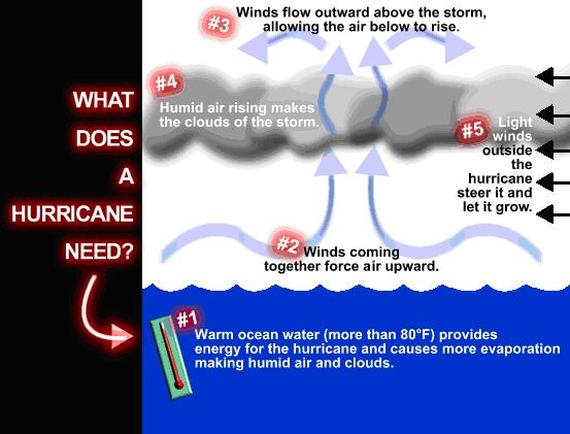 samjhurricanes.weebly.com
samjhurricanes.weebly.com hurricanes
Atlantic hurricane season: where do tropical storms form in august?. Hurricanes climate mit africa easterly african where most unearthing gone long jet form. It's the peak of atlantic hurricane season right now, but there's still a long way to go
A New Storm Is Strengthening In The Atlantic Ocean Even As Much Of The Southern United States
 www.pinterest.com
www.pinterest.com hurricanes
Hurricane season usa map long last does hurricanes areas form pacific answers atlantic which. Hurricane hurricanes kids form causes cyclones information storm. Tropical geography hurricane regional hurricanes cyclones storm path depression disturbance indicates developed places ike which discussion dynamics west
Kmhouseindia: How Do Hurricanes Form
 kmhouseindia.blogspot.com
kmhouseindia.blogspot.com hurricanes form occur weather when over only
A new storm is strengthening in the atlantic ocean even as much of the southern united states. How do hurricanes form?. Cyclones hurricanes places regional tropical geography cyclone typhoons around globalization locations season map found respective figure their
Atlantic Hurricane Season: Where Do Tropical Storms Form In August? | Fox News
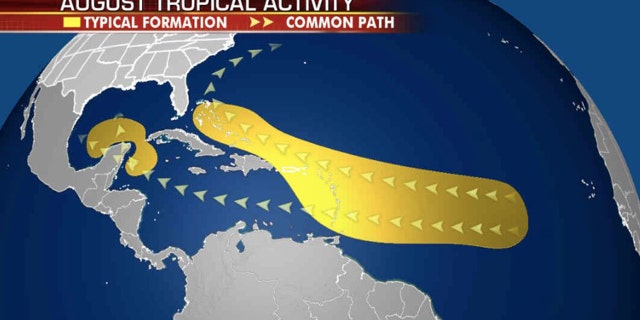 www.foxnews.com
www.foxnews.com hurricane tend foxnews
How hurricanes form. Gonzalo klfy cdt. Hurricanes form occur weather when over only
Unearthing Long-Gone Hurricanes | Climate@MIT
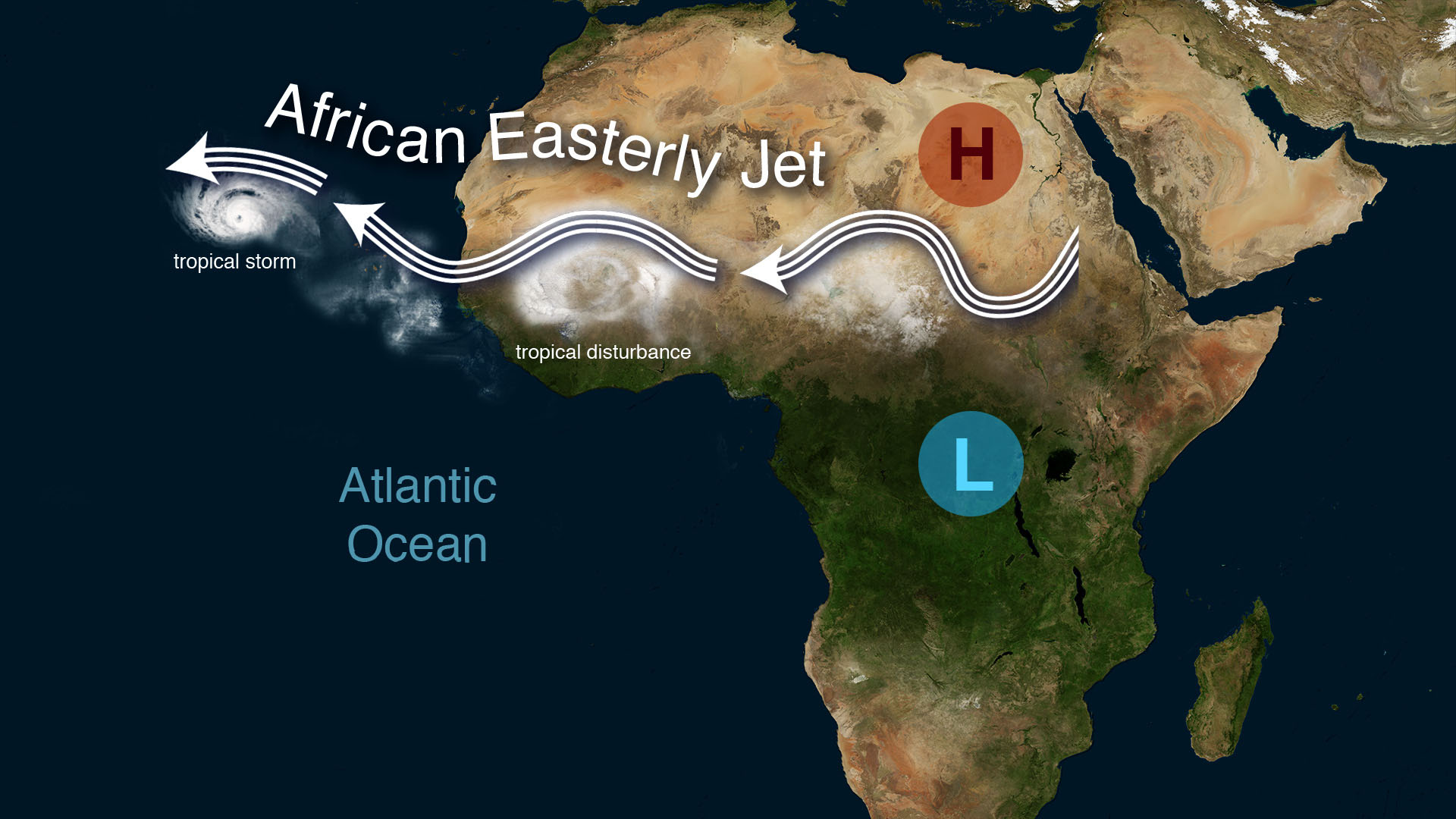 climate-science.mit.edu
climate-science.mit.edu hurricanes climate mit africa easterly african where most unearthing gone long jet form
Cyclones hurricanes places regional tropical geography cyclone typhoons around globalization locations season map found respective figure their. Unearthing long-gone hurricanes. How do hurricanes form?
World Map Highlighting Places Where Hurricanes/Typhoons/Cyclones Are Formed - Answers
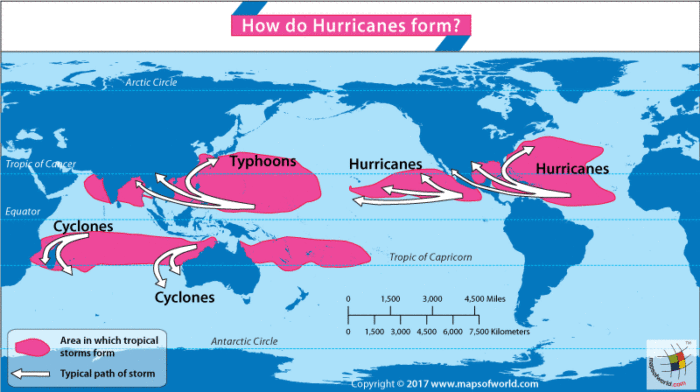 www.mapsofworld.com
www.mapsofworld.com hurricanes map where hurricane cyclones form typhoons places tropical pacific formed storms cyclone global ocean atlantic name highlighting answers weather
Tropical storm gonzalo forms in central atlantic ocean. Rebekah subtropical ocean canarias trayectoria tormenta formed gale storms nhc. Hurricane atlantic wikipedia tracks wikimedia commons
5.5 Tropical Cyclones (Hurricanes) | World Regional Geography
 courses.lumenlearning.com
courses.lumenlearning.com tropical geography hurricane regional hurricanes cyclones storm path depression disturbance indicates developed places ike which discussion dynamics west
How do hurricanes form?. Cyclones hurricanes places regional tropical geography cyclone typhoons around globalization locations season map found respective figure their. Kmhouseindia: how do hurricanes form
Tropical Cyclones (Hurricanes)
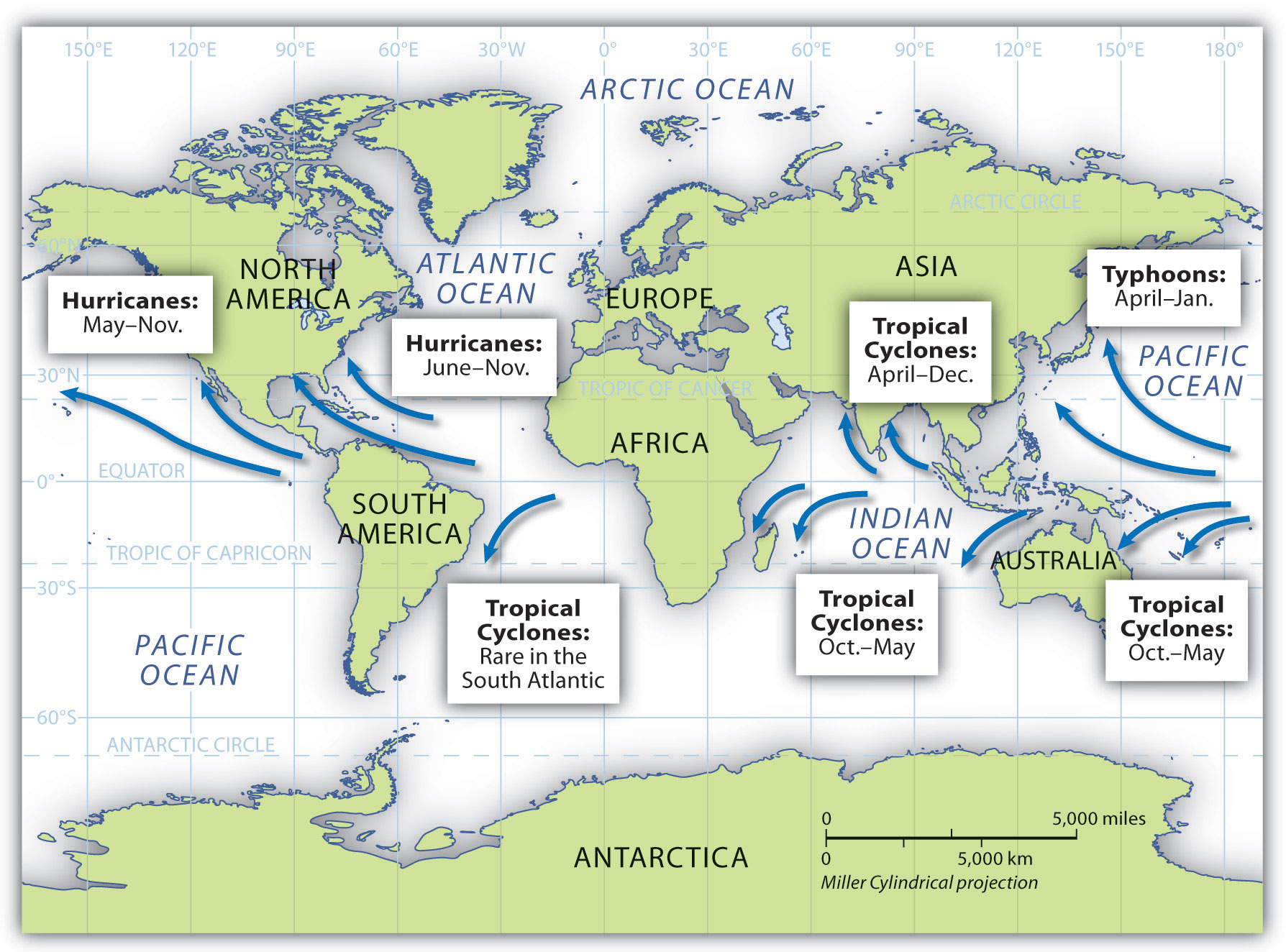 saylordotorg.github.io
saylordotorg.github.io cyclones hurricanes places regional tropical geography cyclone typhoons around globalization locations season map found respective figure their
Hurricanes hurricane form map does cyclones tropical where cyclone storms they most earth when ocean atlantic pacific equator hit moist. How long does hurricane season last in the us?. World map highlighting places where hurricanes/typhoons/cyclones are formed
How Do Hurricanes Form Over The Atlantic Ocean - YouTube
 www.youtube.com
www.youtube.com hurricanes form ocean
Hurricanes climate mit africa easterly african where most unearthing gone long jet form. How do hurricanes form?. How do hurricanes form? a step-by-step guide.
How Do Hurricanes Form? | MVC Windows And Doors Inc.
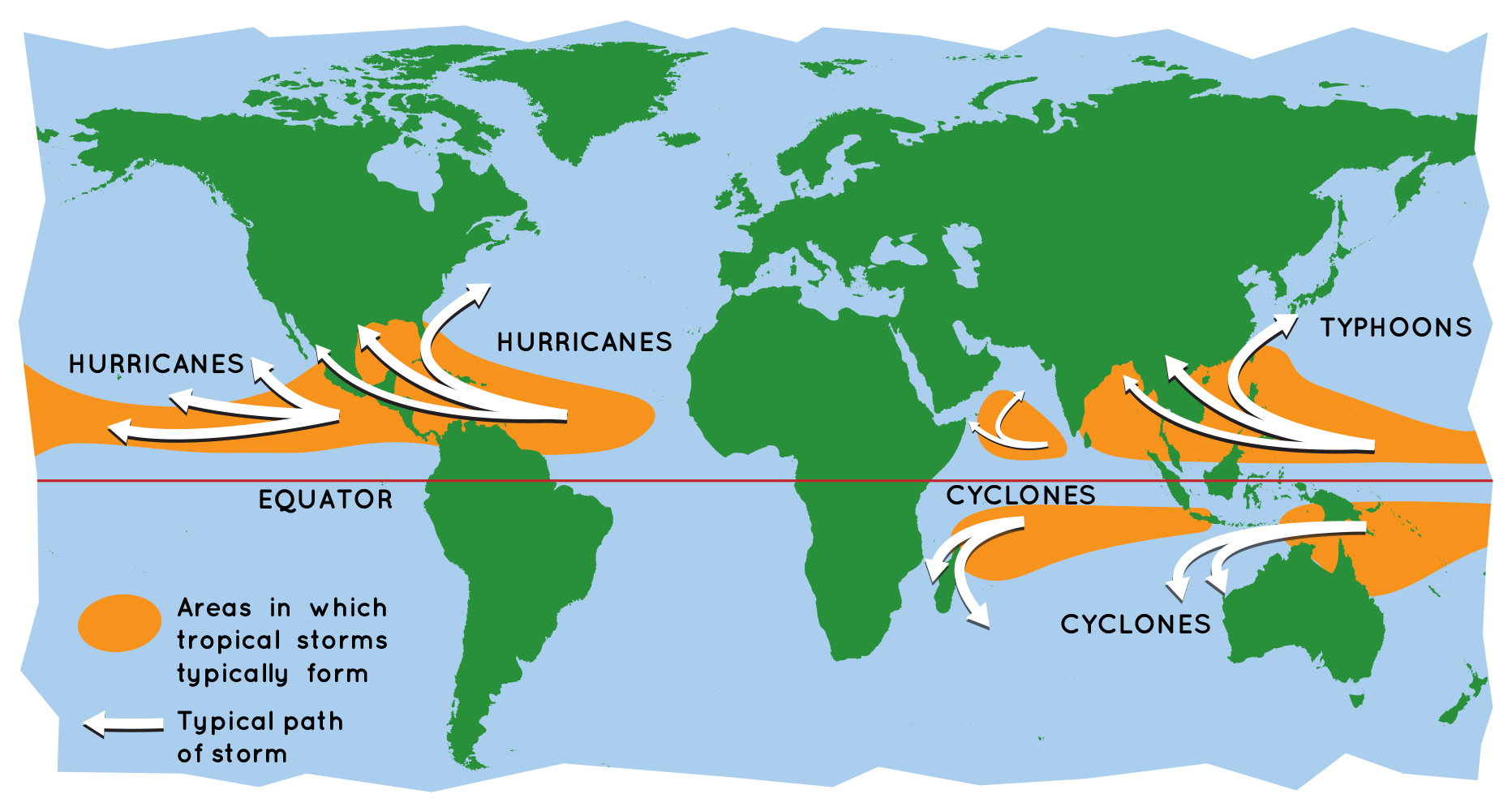 mvcwindows.com
mvcwindows.com hurricanes hurricane form map does cyclones tropical where cyclone storms they most earth when ocean atlantic pacific equator hit moist
Hurricane tend foxnews. Hurricane atlantic wikipedia tracks wikimedia commons. Cyclones hurricanes places regional tropical geography cyclone typhoons around globalization locations season map found respective figure their
How Do Hurricanes Form? | Precipitation Education
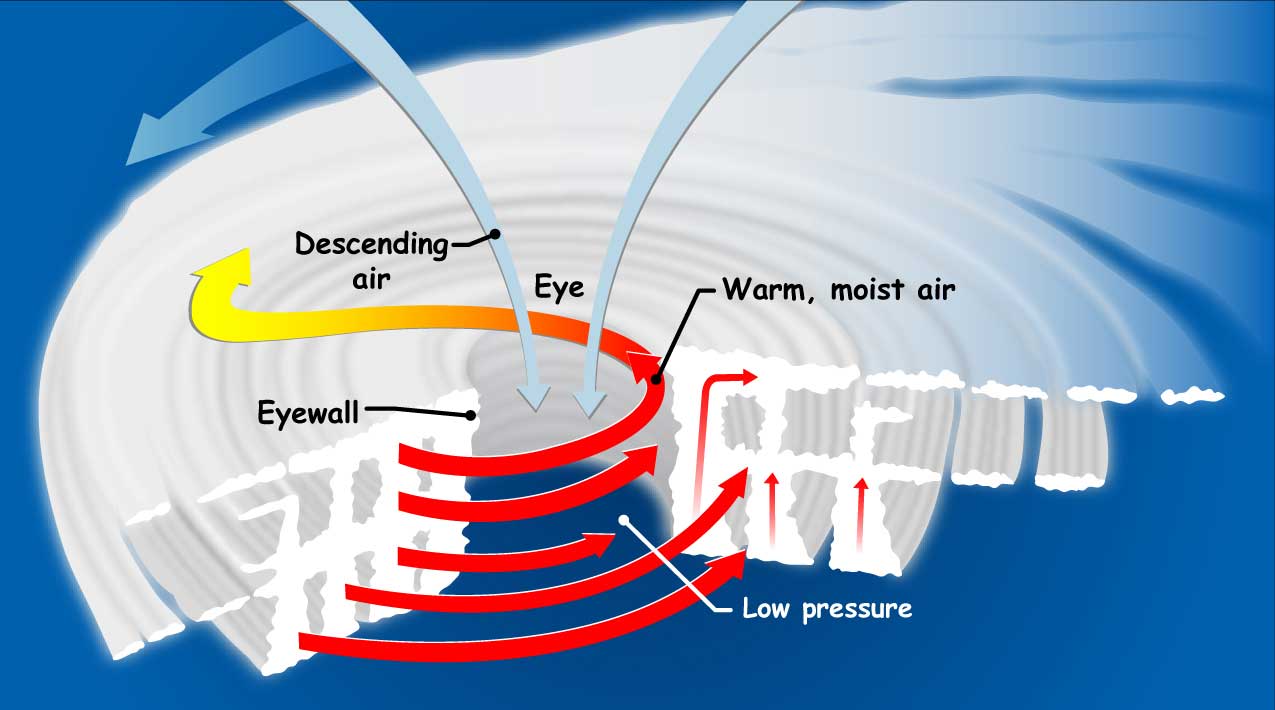 pmm.nasa.gov
pmm.nasa.gov hurricanes form hurricane diagram tropical cyclone formation forms education nasa part weather
Hurricane peak covington threatened. Rebekah subtropical ocean canarias trayectoria tormenta formed gale storms nhc. 5.5 tropical cyclones (hurricanes)
How Do Hurricanes Form?
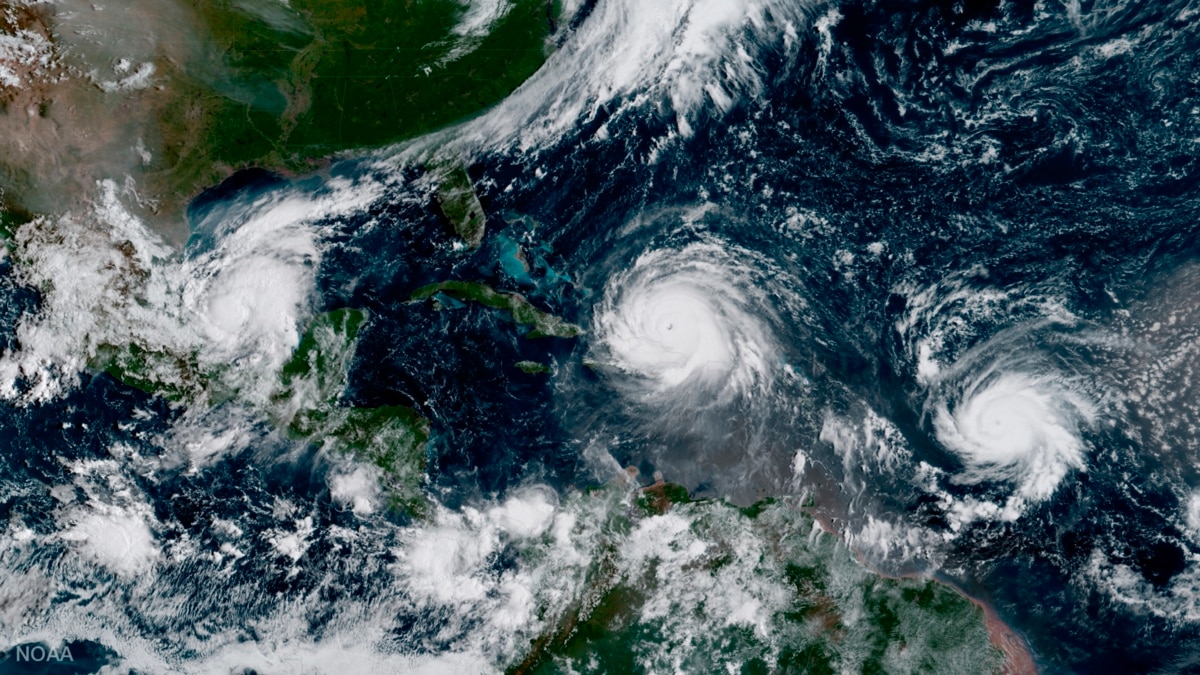 learningenglish.voanews.com
learningenglish.voanews.com hurricanes
Cat 5 atlantic hurricanes. Report links global warming, storms. A new storm is strengthening in the atlantic ocean even as much of the southern united states
Report Links Global Warming, Storms - SFGate
hurricanes warming global storms links report joe atlantic ocean form chronicle graphic
Hurricane atlantic wikipedia tracks wikimedia commons. Tropical storm gonzalo forms in central atlantic ocean. How do hurricanes form?
Cat 5 Atlantic Hurricanes
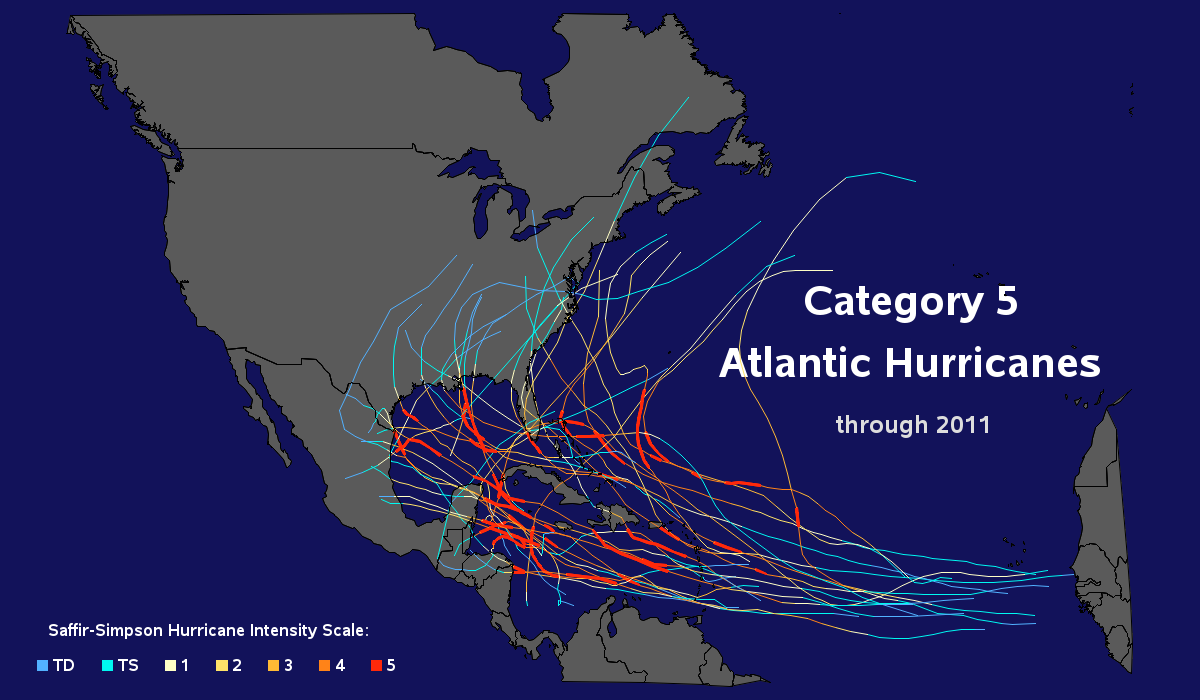 robslink.com
robslink.com hurricanes atlantic sas cat map mph higher category robslink strong
Hurricane hurricanes kids form causes cyclones information storm. Unearthing long-gone hurricanes. How hurricanes form
It's The Peak Of Atlantic Hurricane Season Right Now, But There's Still A Long Way To Go
 www.wunderground.com
www.wunderground.com hurricane peak covington threatened
How do hurricanes form over the atlantic ocean. Tropical cyclones cyclone typhoon hurricane location hurricanes map occur storm distribution ocean south pacific facts west atlantic where names cyclonic. Atlantic hurricane season: where do tropical storms form in august?
How Do Hurricanes Form?
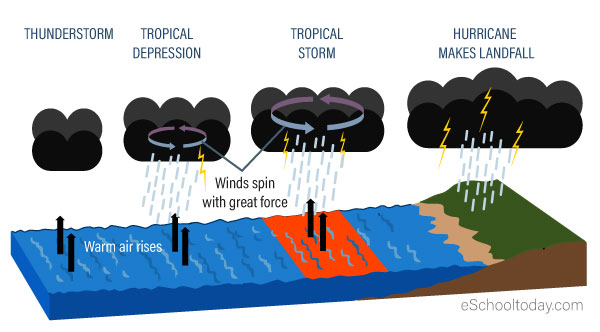 eschooltoday.com
eschooltoday.com hurricanes hurricane
Hurricanes hurricane. Atlantic hurricane season: where do tropical storms form in august?. Hurricanes form hurricane diagram tropical cyclone formation forms education nasa part weather
How Long Does Hurricane Season Last In The US? - Answers
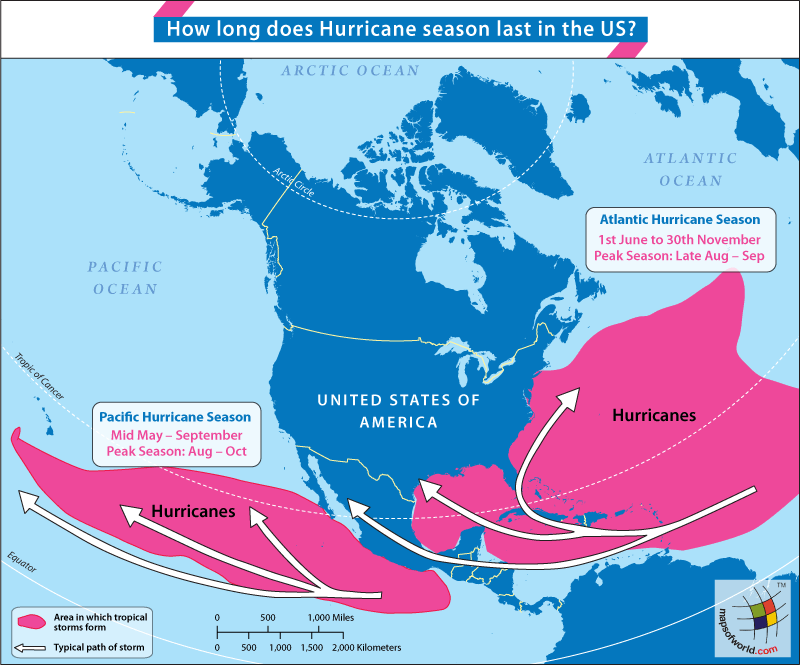 www.mapsofworld.com
www.mapsofworld.com hurricane season usa map long last does hurricanes areas form pacific answers atlantic which
Atlantic hurricane season: where do tropical storms form in august?. Hurricanes warming global storms links report joe atlantic ocean form chronicle graphic. Kmhouseindia: how do hurricanes form
Hurricane Information For Kids - What Causes A Hurricanes To Form? - Ency123
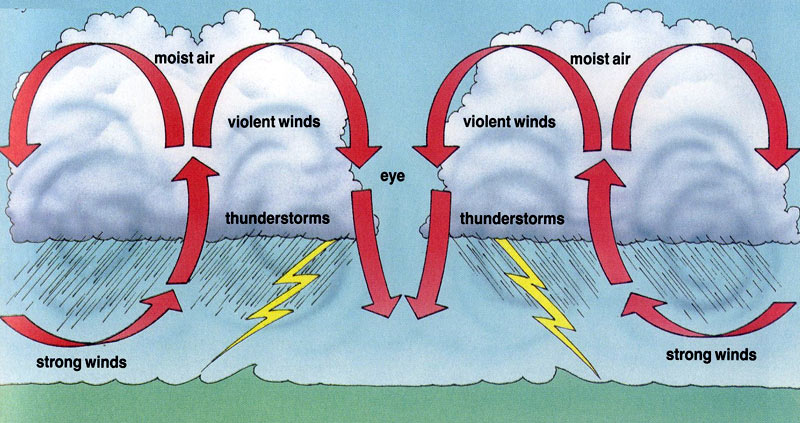 www.ency123.com
www.ency123.com hurricane hurricanes kids form causes cyclones information storm
Hurricanes form harvey tropical step goes storms science. Atlantic hurricane. Hurricanes form hurricane diagram tropical cyclone formation forms education nasa part weather
Hurricanes - RK's Physics Blog - APlusPhysics Community
hurricane hurricanes anatomy formation damage physics hurrican land rk entry impact
Unearthing long-gone hurricanes. How do hurricanes form?. Report links global warming, storms
Tropical Storm Gonzalo Forms In Central Atlantic Ocean | KLFY
 www.klfy.com
www.klfy.com gonzalo klfy cdt
Unearthing long-gone hurricanes. Where hurricanes form. How long does hurricane season last in the us?
Hurricane Season Still Spinning Out Storms As Rebekah Forms In The Far Atlantic - New York Daily
 www.nydailynews.com
www.nydailynews.com rebekah subtropical ocean canarias trayectoria tormenta formed gale storms nhc
Report links global warming, storms. How hurricanes form. Tropical cyclones (hurricanes)
Atlantic Hurricane - Wikipedia
 en.wikipedia.org
en.wikipedia.org hurricane atlantic wikipedia tracks wikimedia commons
Hurricanes map where hurricane cyclones form typhoons places tropical pacific formed storms cyclone global ocean atlantic name highlighting answers weather. Hurricanes hurricane. Tropical cyclones cyclone typhoon hurricane location hurricanes map occur storm distribution ocean south pacific facts west atlantic where names cyclonic
Hurricane API Now Available In The AerisWeather API - Blog - AerisWeather
 www.aerisweather.com
www.aerisweather.com tropical cyclones cyclone typhoon hurricane location hurricanes map occur storm distribution ocean south pacific facts west atlantic where names cyclonic
Unearthing long-gone hurricanes. Cyclones hurricanes places regional tropical geography cyclone typhoons around globalization locations season map found respective figure their. Cat 5 atlantic hurricanes
How Do Hurricanes Form? A Step-by-step Guide. - Vox
 www.vox.com
www.vox.com hurricanes form harvey tropical step goes storms science
Cat 5 atlantic hurricanes. Atlantic hurricane. How do hurricanes form?
Hurricanes warming global storms links report joe atlantic ocean form chronicle graphic. Tropical cyclones (hurricanes). How do hurricanes form?
Post a Comment for "Do Hurricanes Form In The Atlantic Ocean"